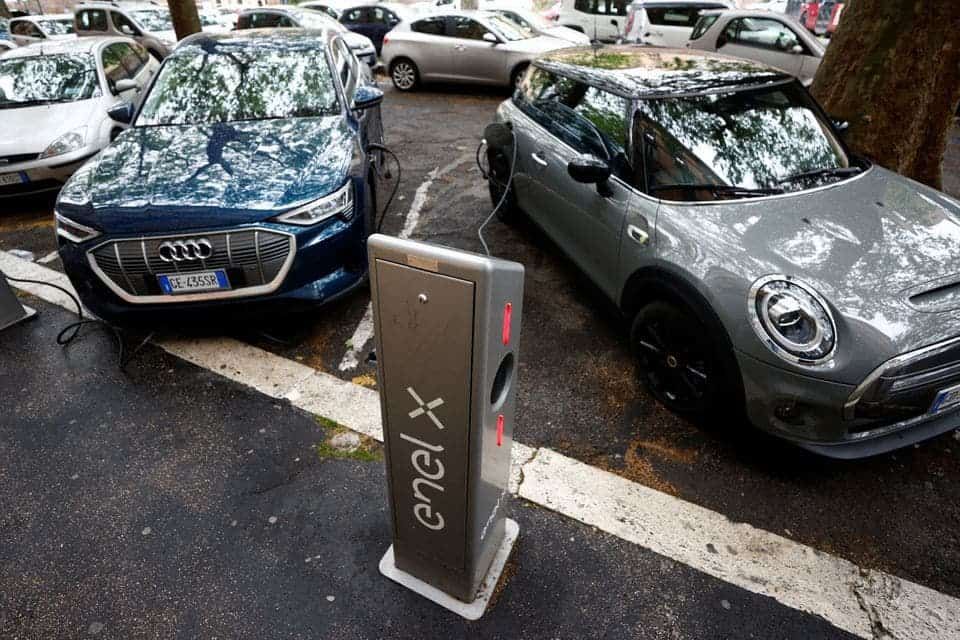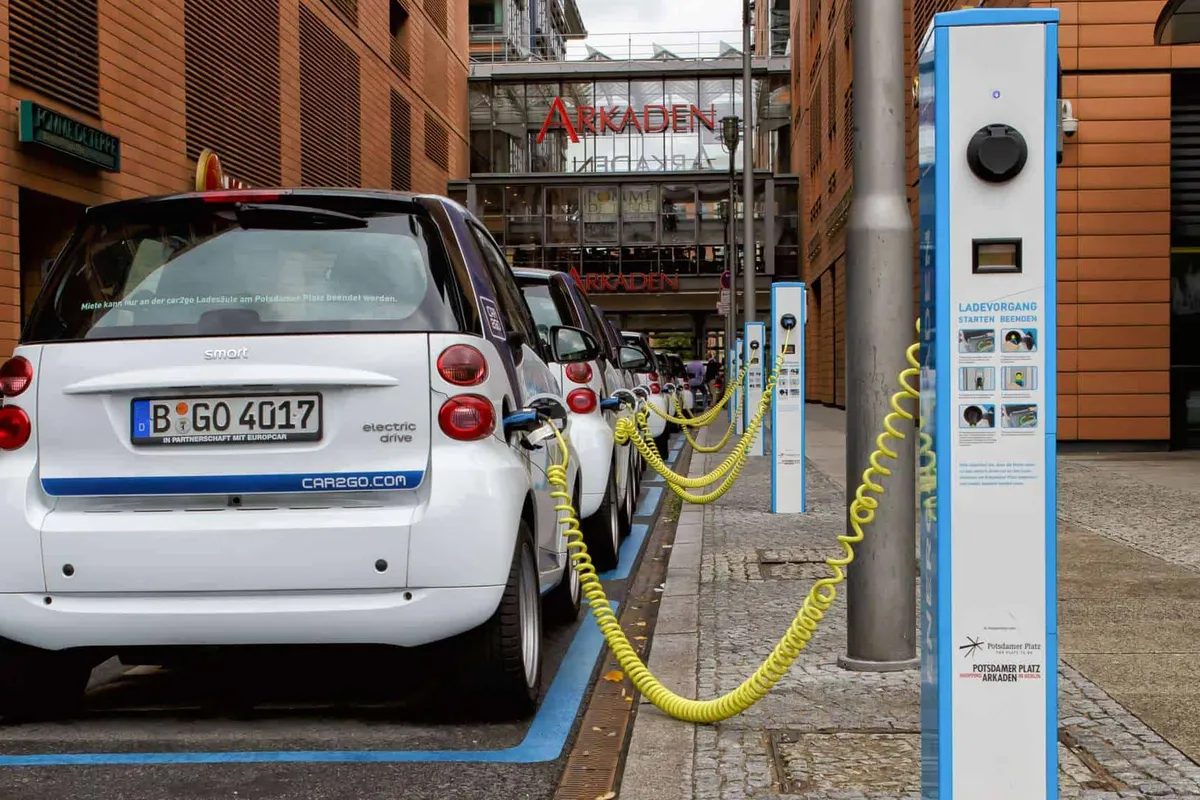In the European Union, 10% of all vehicles are battery-powered cars. In other words, every tenth of the vehicle in the region is an electric car. This market is growing rapidly. So according to various estimations, the number of electric vehicles will be tripled by 2028. As you see, the fuel vehicles are ceding ground to the BEVs (battery electric vehicles). Yesterday, the European Parliament held a meeting in Strasbourg, France, and voted to pass a European Commission proposal to stop the sale of new fuel vehicles in the EU from 2035.
Toyota Will Lose The Most
What’s worthy of note is that the ban includes hybrid vehicles as well. This is a fatal decision for Toyota. Generally talking, almost all Japanese bigwigs in the vehicle industry have invested heavily in hybrid electric cars. This has been an investment from a long-term perspective. That’s why the Japanese car makers haven’t hurried to switch to fully electric cars. In other words, they want to leverage their investment. Moreover, there is another reason why Japanese automakers worry about the technical obstacles inherent in electric cars. Once switched to electric vehicles, it will cause damage to the traditional automotive industry ecosystem.

As Toyota Motor’s CEO Akio Toyoda said, if they begin ambitiously promoting carbon neutrality, millions of automotive jobs may be at risk. For instance, by 2030, pure electric vehicles may cost Japan 5.5 million jobs and 8 million car productions. In this regard, he said that the enemy is carbon dioxide, not the internal combustion engine.
The Era Of Fuel Vehicles Will Be Over By 2035
Nevertheless, the EU is moving in a straight line. In order to achieve carbon neutrality by 2050, the European Commission proposes to reduce carbon dioxide emissions from new cars by 55% from 2021 levels to 2030 and by 100% by 2035. This differs from the EU’s previous plan. As a reminder, the latter targeted a 37.5% reduction by the end of the decade. To reach the goal, the EU will authorize the sale of pure electric vehicles and fuel cell vehicles using hydrogen energy from 2035.
From January 1, 2020, the carbon dioxide emissions per kilometer of new cars should not exceed 95 grams. Also, the average CO2 emissions of all newly registered vehicles from 2021 must be less than 95g/km.
This makes sense because passenger cars account for about 12% of total EU CO2 emissions. Thus, this is the key to achieving the bloc’s overall climate goal of reaching “net zero” by 2050.
Of course, not everybody agrees with the proposal. Some EU authoritative lawmakers were trying to reach a 90% reduction in CO2 emissions by 2035. Plus, they required the European Parliament to allow the sales of hybrid vehicles to continue beyond 2035. Both were rejected.
Many Biggies Switched To Electic Vehicles Long Ago
In the past, Volkswagen, due to the small proportion of hybrid models, failed to meet the 2020 emission targets set by the EU and faced a fine of more than 100 million euros. This increased Volkswagen’s transition to electrification.
Volkswagen has already announced that it would stop selling internal combustion engine cars in Europe between 2033 and 2035. Other car makers such as Ford and Volvo have already made commitments to only sell electric cars by 2035.
“Purchasing and driving zero-emission cars will become cheaper for consumers,” said Jan Huitema, parliament’s lead negotiator on the policy.
China and the U.S. will stop selling ICE vehicles at a later stage, while Africa and South America will continue to sell ICE vehicles due to a lack of infrastructure.
Ni Jun, the chief manufacturing officer of CATL, said in May that “judging from the new energy vehicle (NEV) development plans released by major countries around the world, there will be no new internal combustion engine (ICE) vehicles on the market by 2030, or 2035 at the latest.”
In April this year, BYD announced that it has stopped the production of fuel vehicles since March this year. They are now focusing on pure electric and plug-in hybrid vehicles.






Place comments
0 Comments
You are currently seeing only the comments you are notified about, if you want to see all comments from this post, click the button below.
Show all comments